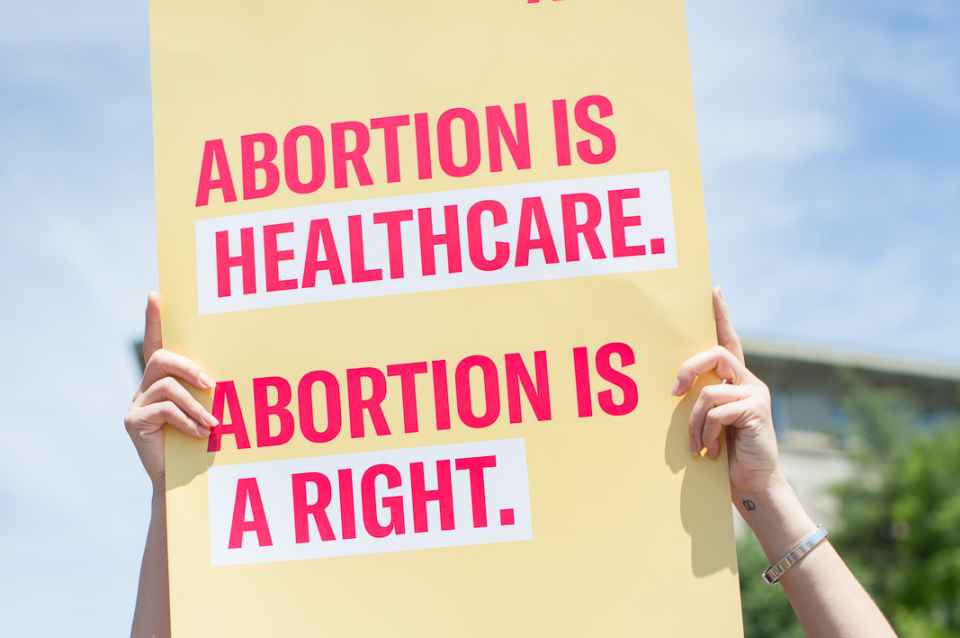
It has always been debatable whether abortions should be performed or not. The controversy only escalated when Roe v. Wade was overturned in 2022, followed by Florida Gov. Ron DeSantis signing a six-week abortion ban into law earlier this year.
The six-week ban — if approved by the courts, where it is being challenged — will make it harder to access abortions in Florida.
Now a growing number of voters in Florida want the citizens to decide on the legality of abortions — and not the government or the courts. A proposed amendment to the state constitution that would provide a right to abortion is being targeted for the 2024 ballot.
Ashley Moody, the state’s attorney general, strongly opposes the proposed ballot measure and has asked the state’s highest court to disallow it from the ballot.
The proposed amendment would allow abortions to be legal up until the fetus is viable.
Moody argued that those who are for and against this amendment will have different interpretations of what “viability” means.
She argued in a 50-page brief that, “The ballot summary here is part of a design to lay ticking time bombs that will enable abortion proponents later to argue that the amendment has a much broader meaning than voters would ever have thought.”
According to AP News, a group called Floridians Protecting Freedom has gathered nearly 500,000 of the 891,523 voter signatures needed by a Feb. 1 deadline to put the proposal on the 2024 ballot. If the proposed amendment is presented to voters, the state Supreme Court will have the responsibility of making sure it is not deceptive and only pertains to one issue.
“Viability means the point at which a fetus could survive outside the womb,” the group said in its brief, including that the law has reflected that meaning for decades.
The group refutes Moody’s allegations that the wording would confuse voters, contending that there is a clear definition of “viability” in the context of abortion. Accusing opponents of introducing ambiguity is simply a ploy to have the amendment killed, they argue.
The American College of Obstetricians and Gynecologists believes that the term viability is increasingly misinterpreted in legal battles on abortion based on ideological principles versus actual science and accurate medicine.
They stated in a brief that, “Bans on abortion care often overlook unique patient needs, medical evidence, individual facts in a given case, and the inherent uncertainty of outcomes in favor of defining viability solely by gestational ages. As a result, ACOG strongly opposes policymakers defining viability or using viability as a basis to limit access to evidence-based care.”
The amendment must receive at least 60% of voter approval in order to change the state constitution.